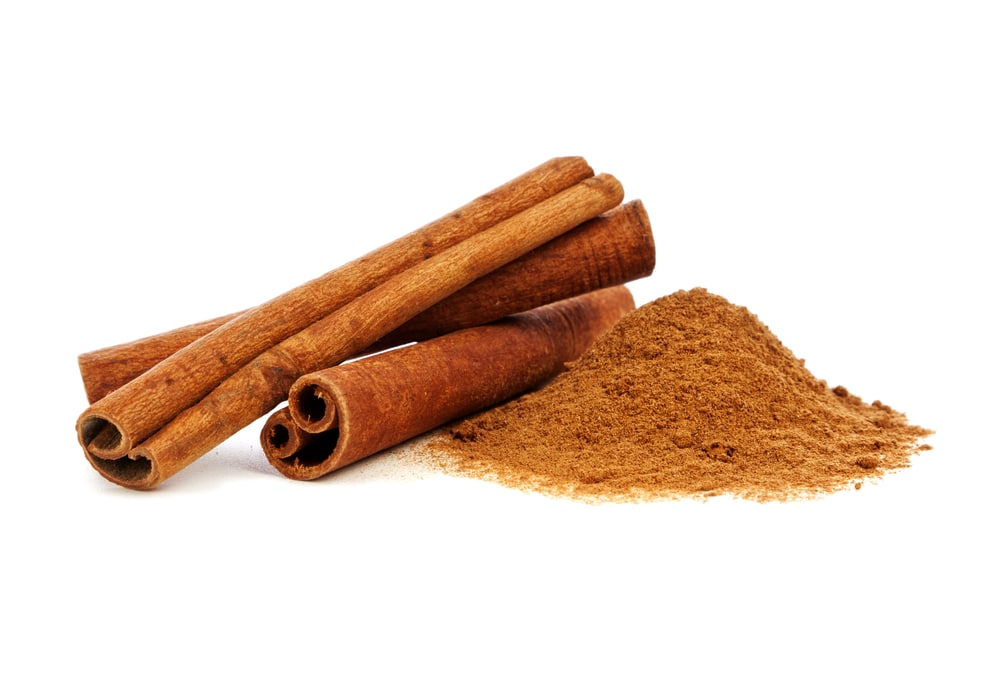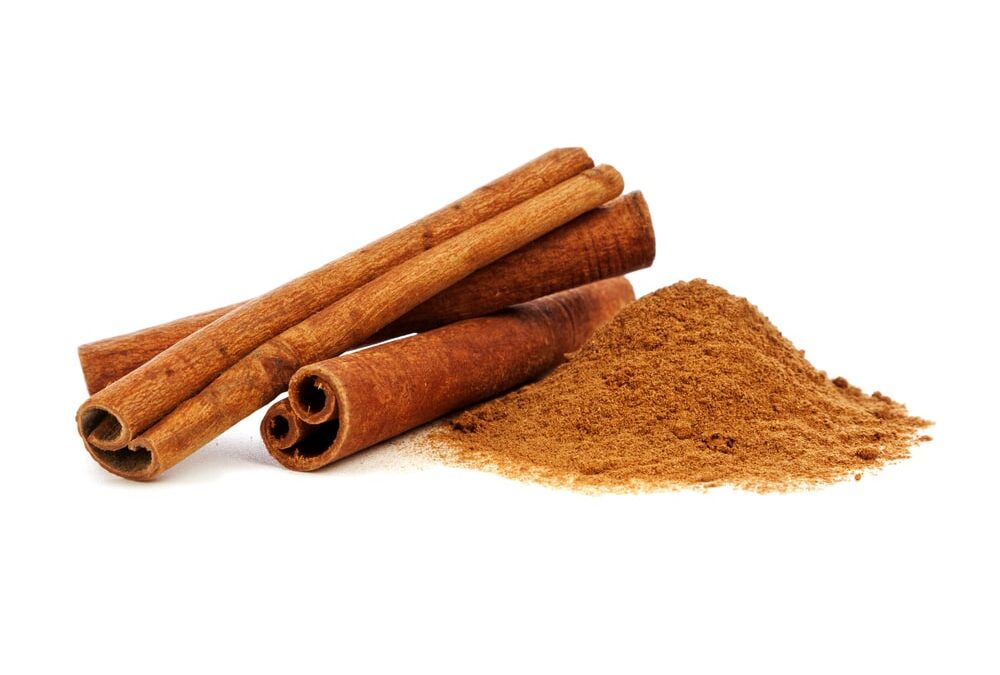
By Vera Remes
There are several varieties of cinnamon, but are not all created equal. Ceylon cinnamon, or Cinnamomum zeylanicum (CZ), is the most precious among them. Made from the inner bark of the Cinnamomum tree, Cinnamon has been used as a medicinal ingredient throughout history, dating back as far as Ancient Egypt. Ceylon cinnamon ensures health benefits without ingesting significant amounts of a compound called coumarin, which is believed to be harmful in large doses. Coumarin is contained in the common Cassia variety of cinnamon, but not in Ceylon cinnamon.
Ceylon (CZ) or Cassia?
You can tell the difference between Ceylon (CZ) and Cassia by sight, smell, taste and feel.
Ceylon (CZ) cinnamon
CZ is fragile, easily broken, soft and crumbly and tan in color. CZ’s thin and paper-like textured bark forms multiple layers when rolled up. It has a delicate, sweet taste with subtle notes of clove, creating a flavor profile appropriate for pastries, cakes, desserts, and of course teas and coffees. CZ originates from Sri Lanka and is used in most parts of Europe. CZ is also the cinnamon used in Jahmu.
Cassia and Saigon cinnamons
Cassia cinnamon, as well as Saigon cinnamon, is primarily sourced from China and sold in hard, reddish brown rolls. Both contain a high level of coumarin content, which can be harmful for the liver and kidney when consumed regularly. The pungent, full-bodied taste of Cassia and Saigon make these cinnamons suitable for Chinese braised meat recipes.
Coumarin is found in all cinnamon, and can be harmful for the liver and kidney when consumed regularly. The main difference between the CZ (Ceylon) and other types of cinnamon is that CZ has a much lower level of coumarin. Otherwise, the chemical composition of all cinnamons are similar enough to be able to discuss the benefits of this powerfully beneficial spice, regardless of the variety used.
The benefits of cinnamon
Traditional medicine already acknowledges the use of cinnamon for respiratory, digestive and gynecological ailments, but a review of recent studies disclose other benefits:
- Anti-microbial and anti-parasitic activity
- Lowering of blood glucose, blood pressure and serum cholesterol
- Antioxidant and free-radical scavenging properties
- Inhibition of the hallmarks for Alzheimer’s disease and helps to inhibit bone loss and promote bone healing
- Anti-secretagogue (a substance that inhibits secretion) and anti-gastric ulcer effects
- It improves anti-inflammatory activity
- Wound healing properties
- Liver protective properties
The studies reported minimal toxic and adverse effects.
Cinnamon may help also fight the HIV virus. HIV is a virus that slowly breaks down the immune system and, if left untreated, can eventually lead to AIDS. Cinnamon extracted from Cassia varieties is thought to help fight against HIV-1, the most common strain of the HIV virus in humans. A laboratory study looking at HIV-infected cells found that cinnamon was the most effective treatment of all 69 medicinal plants studied. Bottom line: test tube studies have shown that cinnamon can help fight HIV-1, the main type of HIV virus in humans.
When you were young and mom sprinkled cinnamon on your French toast or cereal, she not only made your food taste yummy, she was ensuring your good health. Besides cinnamon being one of the most delicious spices, it is one of the healthiest spices on earth. Besides a long list of health benefits, it tastes great. Find Ceylon cinnamon in every Jahmu product.

